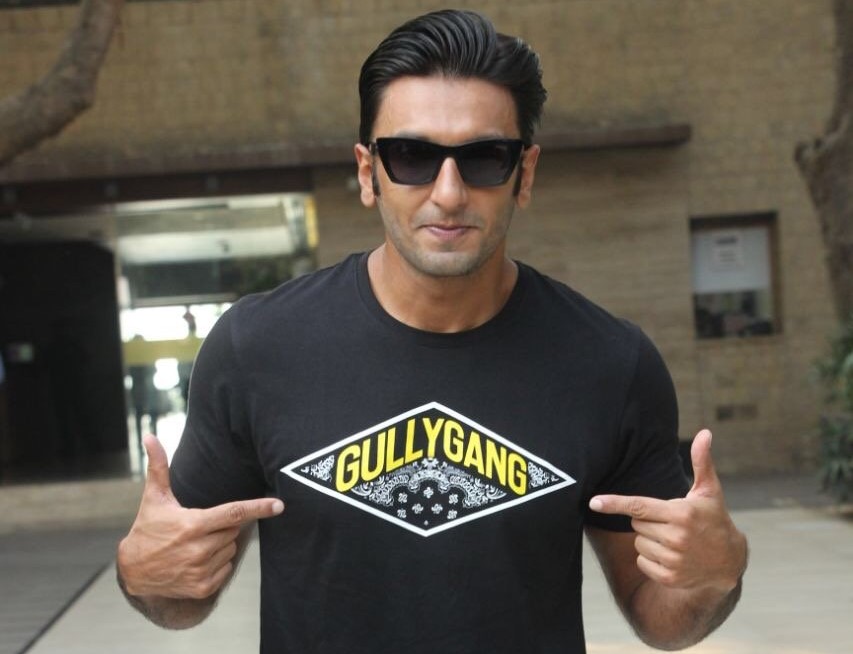Minutes into the screening of a German film on Tuesday evening, a policeman walked into Ajantha theatre in Thiruvananthapuram, one of the main venues of the 21st International Film Festival Of Kerala (IFFK). Shining his torch on the audience’ faces, he scanned a few rows. “Why didn’t you get up for national anthem?” he asked one person in the audience. “No, I stood up,” the man replied. “The organisers saw you sitting while the anthem was being played,” the policeman said, pointing at two young men standing by the door. As this semi-interrogation grew heated, people in the audience began shouting, “Can you please keep quiet and let us watch the film?”
***
Standing for the national anthem at cinema halls has become one of the most controversial issues the IFFK, one of the biggest and oldest film festivals in Asia, has seen. On Monday evening, 11 people were arrested at another IFFK venue, the open air theatre Nishagandhi, after they refused to stand. The anthem is being played before every movie screening at IFFK. According to reports, the police action came after a complaint was filed by the Bharatiya Janata Yuva Morcha (BJYM) with state police chief Loknath Behra. The complaint cited reports in the media according to which some festival delegates did not stand for the anthem.
Last month, the Supreme Court had ordered all cinema halls in the country to play the national anthem before film screenings. An independent film society subsequently filed a petition seeking an exemption for the IFFK from the scope of the court order. It argued that playing the anthem before every screening would create difficulties for delegates, including foreign film-makers, who attend at least three to four screening daily. But the apex court dismissed hte petition.
In response to the police action, several delegates and filmmakers staged a peaceful protest at Tagore Theatre, the chief venue of the festival. They held placards saying, “The national anthem is not a digital song. National flag is not an audio visual. Cinema is primarily an entertainment. Cinema hall is a place to sell entertainment. Playing national anthem in a theatre is like selling it for free in a supermarket. Please don’t degrade my national anthem.”
Award-winning filmmaker Sanal Kumar Sasidharan, one of the protestors, has also started a campaign on Change.org requesting the Supreme Court to revise its order. Sasidharan wrote, “While, the purpose of expressing the love to the nation is taken in good spirits, the enforcement has made it counter productive…Few overly patriotic people are taking the law into their hands to implement it themselves creating a law and order situation at some places. It is creating an unnecessary divisionism amongst the people who are innately polite and nationalist.” The petition had 476 signatures at the time of publication.
Director Kamal, the head of the IFFK committee, said that it was unfortunate that delegates have to stand up and show respect before every film show in a day. He told the media that Chalachitra Academy had not filed the police complaint against delegates who didn’t stand up. He also told Manorama News that the police would not arrest anyone inside the theatre.
***
Recommended
Interestingly, the state’s ruling LDF government has backed the police’ action. On Tuesday, AK Balan, a senior member of the Communist Party of India (Marxist), and the minister responsible for law and culture, said that it was the state government’s responsibility to ensure that the Supreme Court order was properly implemented. He added that the singing of the anthem should be made mandatory at all major gatherings in the country. “If we fail to absorb the nationalistic spirit, who else will understand its value? It would be an unpardonable crime if we refuse to respect national anthems of other countries during foreign trips. That alone is sufficient ground to force us to stand up while playing of the national anthem,” he told The Hindu.
***
Bilahari, a young filmmaker from Thrissur said, “During the last screening, my friends and I didn’t stand up for national anthem as an act of protest against the arrests and also because we don’t believe in this forced implementation of patriotism. Some people from the row behind us slapped my shoulder, almost manhandling me, and asked me to stand up.”
Similar incidents have been reported from many theatres at the festival. However, assault and intimidation remain criminal offences under Sections 319, 350, 351, and 503 of the Indian Penal Code. Even police officers have the right to arrest, but not beat an arrested person.
Thus ironically, these displays of supposed patriotism are occurring in violation of Indian law itself.
*****



